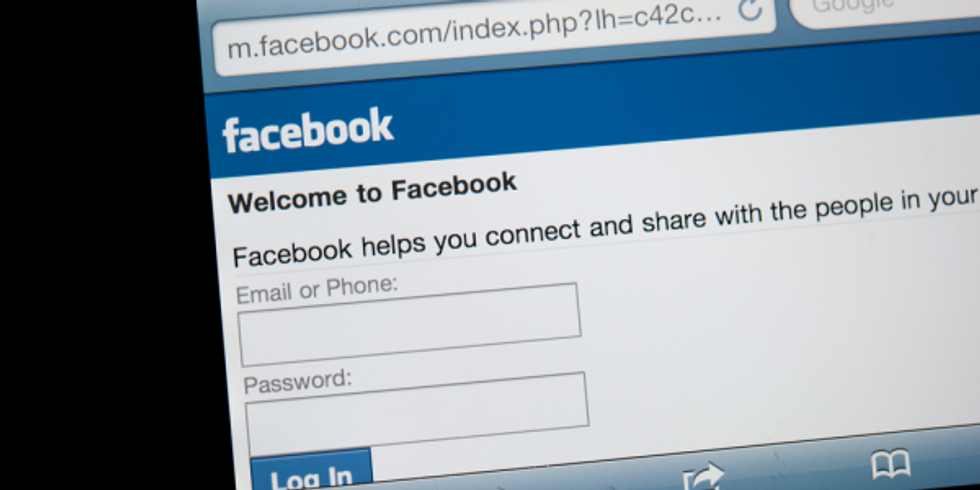
Imagine you’ve been on the job market for about six months. You are paying your mortgage on your credit cards at this point. Your unemployment benefits are about to run out and your job prospects remain dismal, no matter what you seem to do.
Finally, you land a killer opportunity, pass the phone screen, and show up to an interview with a hiring manager. Just as you think you’re about to close the deal, she spins her computer screen around and asks you to login to your Facebook account.
What do you do?
This is common enough it now has a name: Shoulder Surfing. According to Lori Andrews, a law professor at IIT Chicago-Kent College of Law specializing in Internet privacy, this practice is “coercion if you need a job.” Not to mention the violation in Facebook’s privacy policy, albeit unenforceable.
Facebook’s official statement is that shoulder surfing “undermines the privacy expectations and the security of both the user and the user’s friends” and “potentially exposes the employer who seeks this access to unanticipated legal liability.”
The ruling, made by the FTC in May, 2011, was that companies can use social media information as part of a background check, but this information must be available from public databases. In other words, strictly speaking, it could be illegal for companies to use private social media information against you without your consent. (I say could be because I am not a lawyer, I just pay attention.)
However, there are some cases wherein this type of deep probing could be deemed appropriate; for example law enforcement or defense. In this case, it would be easy for the employer to defend their request to access private data as it pertains directly to the candidate’s qualification to perform the job.
But when Justin Bassett, a statistician based in New York, was asked for his Facebook password he refused. And so should you. Many states are already in the process of introducing legislation against this practice, and if you live in Illinois and or Maryland, such legislation already exists.
How to Protect Your Privacy in a Job Search
As our economy makes its baby steps towards recovery, chances are that fewer people will “need” to find a job that desperately. Assuming your situation is not dire (and it’s probably not, the unemployment rate for people with bachelor’s degrees or higher is only around 4.5%), here are some responses you can memorize and use in an interview just in case they ask.- I take my agreements very seriously. And it is against Facebook’s user policy to share my password with anyone else. I’m going to have to respectfully decline your request.
- I’m sure your firm has a social media policy. Well, it is my own social media policy to use Facebook for personal reasons. I mean no offense, but I’m going to have to decline.
- Privacy is a very serious matter for me. Should I be employed with your organization, I would honor private company information just as seriously as I honor my own. Even if this means losing a great opportunity for me, I must refuse your request. And know that if I were presented with a similar situation with your private information, I would respond in the same way.
- I wouldn’t want to jeopardize your organization’s standing with OFCCP’s regulations about asking about kids or other protected private matters in the course of an employment decision. Therefore, if you don’t mind, I’d prefer to keep my Facebook profile private. However, should you and I become friendly after my employment, I would have no problem having you in my network. (Note: please see my post on how to deal with nosy bosses on Facebook)

 Bigstock
Bigstock Bigstock
Bigstock Bigstock
Bigstock


